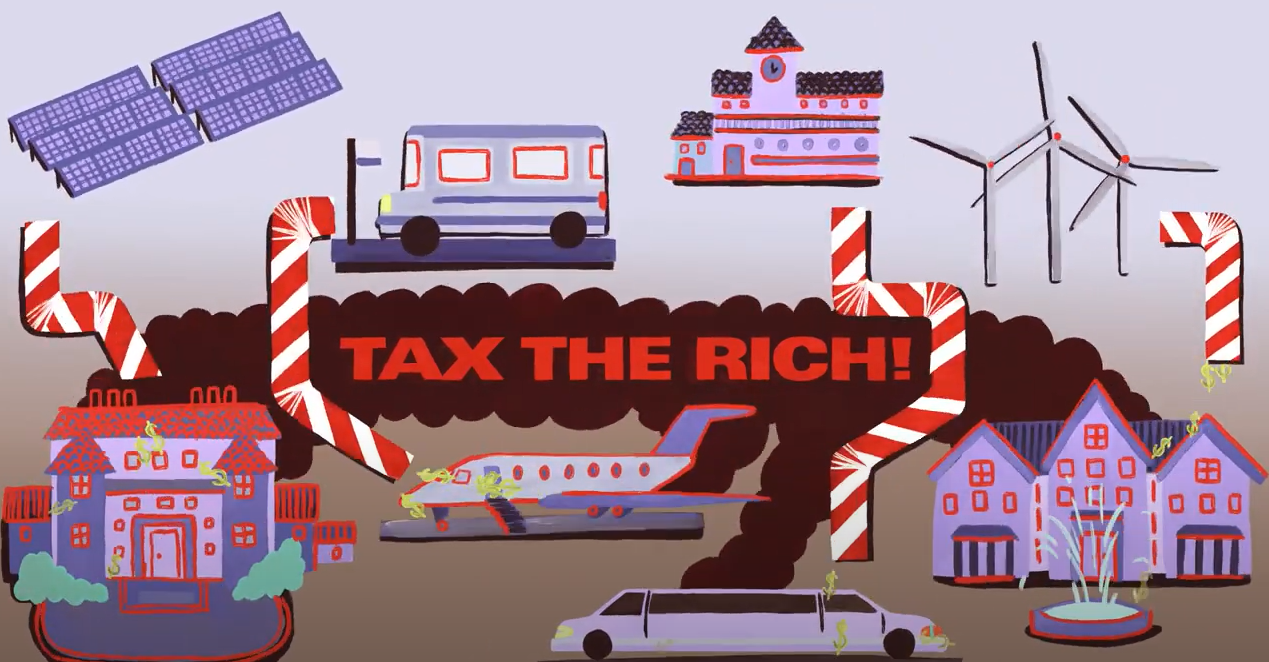Why Trade Unions Should Re-evaluate their Support for Carbon Capture and Storage
Much hope has been placed in carbon capture and storage (CCS). Its proponents have included trade unionists, climate scientists, environmentalists, and governments looking for a way to greatly reduce the greenhouse gas emissions from burning coal and other fossil fuels. And indeed, this evolving technology promises to capture up to 90% of the CO2 produced by coal-fired power plants and to permanently bury it in stable geological formations deep underground.
However, the promise of CCS has so far gone unfulfilled. In fact, the potential of deploying CCS—and the support it receives from unions and others—has been used as political cover for the development of new coal infrastructure. It seems increasingly unlikely that CCS will ever be deployed at an adequate level, leaving us with a locked-in carbon infrastructure without the promised mitigation.
Even if CCS is deployed at adequate levels, the environmental damage done by extracting, transporting, and burning coal will not be eliminated by this technology. Indeed, the “energy penalty” associated with CCS means that coal’s impact on human health and the environment may even be increased. In this context, organized labor’s support for CCS allies it with the industry rather than with the frontline communities who are taking the lead in building a movement for climate and environmental justice.
In this TUED Working Paper, Sean Sweeney, the director of the International Program for Labor, Climate and the Environment at CUNY’s Murphy Institute, argues that rather than supporting CCS within a market-dominated energy context, the trade union movement should challenge the neoliberal framework of private control and unlimited growth and call for public and democratic control of the energy system. CCS may have a place in the transition to a post-carbon world, but this place must be determined democratically, and by public need, not by the narrow dictates of the market.



